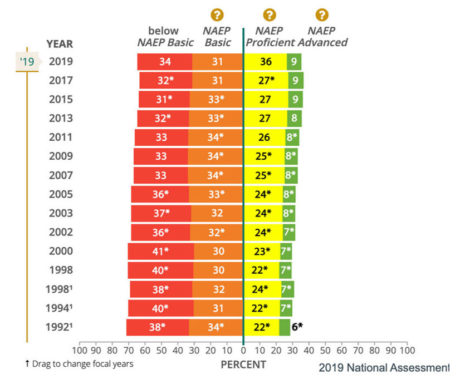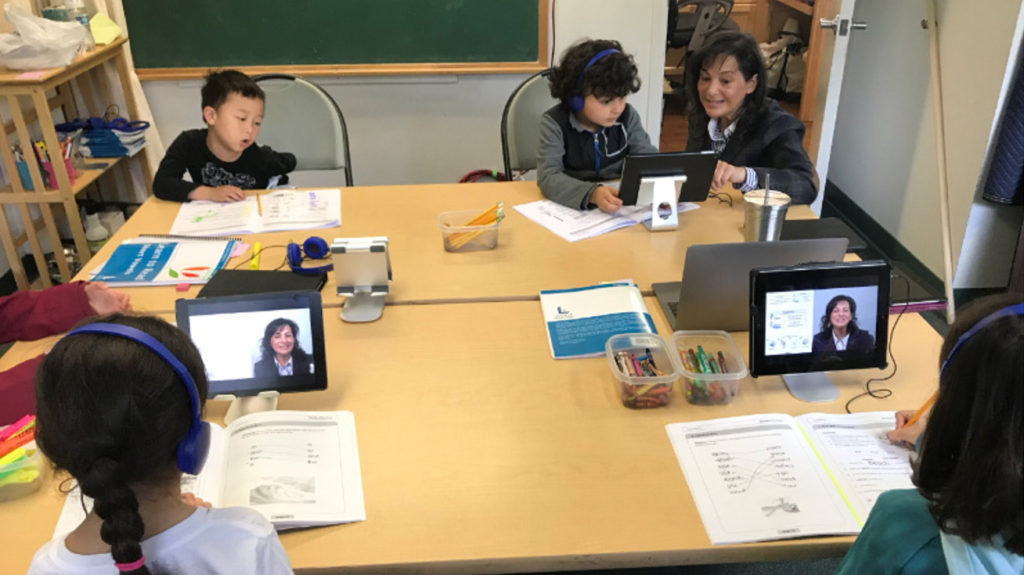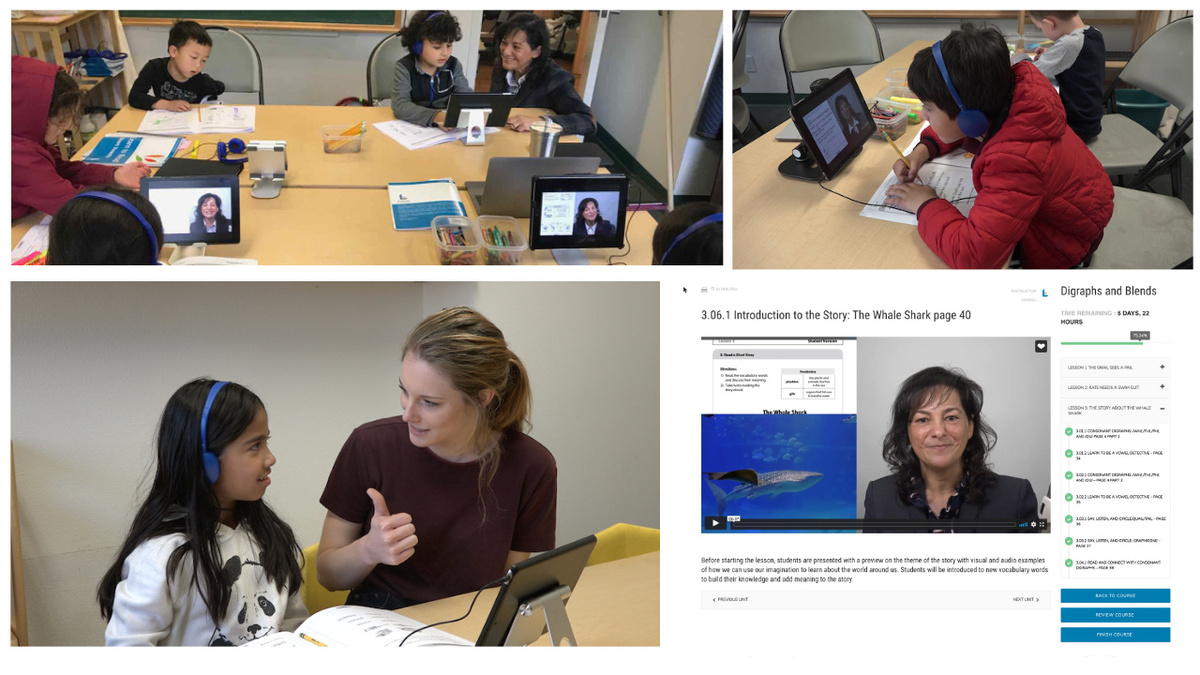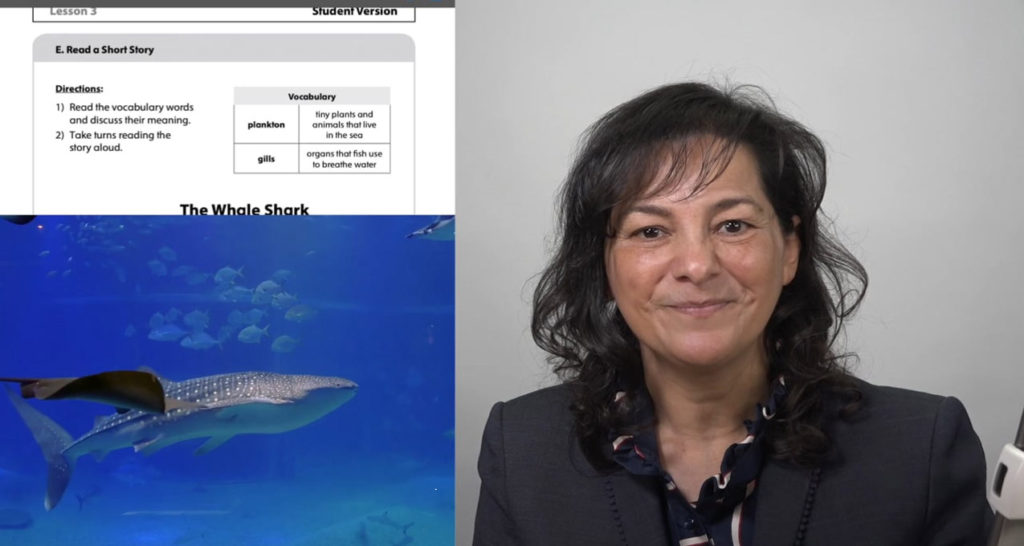It’s not a pretty graph! The image you see below is the National Assessment on Educational Progress (NAEP) reporting on the reading proficiency of fourth grade students. Since national testing began in 1992, in round numbers, an average of 33% of all fourth grade student read at a skill level defined as “Below NAEP Basic proficiency”.
 Recent testing for the 2020 school year has shown an increase in Below NEAP Basic Proficiency to be in the area of 45%, and in some districts, as high as 50%.
Recent testing for the 2020 school year has shown an increase in Below NEAP Basic Proficiency to be in the area of 45%, and in some districts, as high as 50%.
Grade school students, in particular K-3 grade students, essentially missed a full year of in-class reading lessons. Schools are considering how to respond to the missing year of reading instruction, or what is now being identified as “unfinished learning”.
As the 2021-22 school year begins, the question is: what type of reading programs will work for K-3 students? For those students entering 1st grade in this school year, will they be taught 1st grade content or kindergarten content. The same applied to 2nd and 3rd grade students who have not received consistent reading instruction since March 2020.
We tested how students learn to read by applying systematic strategy. The ideal method in addressing challenged reading skills is a one-to-one teacher-student relationship, but that approach is resource-intensive, outside the budget of most school districts, and frankly, outside the available pool of trained tutors.

During 2019, we tested the use of recorded lessons as part of an individual student’s reading plan along with the support of a Supervising Teacher and a Reading Coach. The results measured a higher engagement level and a higher progression of reading skills over the traditional single-teacher presentation style.
One year later, faced with the closure of schools as of March 2020, we launched the program as an online Learning Management System for the in-class student and the remote student.
Schools are scheduled to restart in-class teaching starting with the 2021-22 school year. But teachers, principals, and district administrators are faced with difficult decisions. Most K-3 students have not advanced their reading skills during the past 17 months of limited school operations.





0 responses on "The Year of Unfinished Learning"